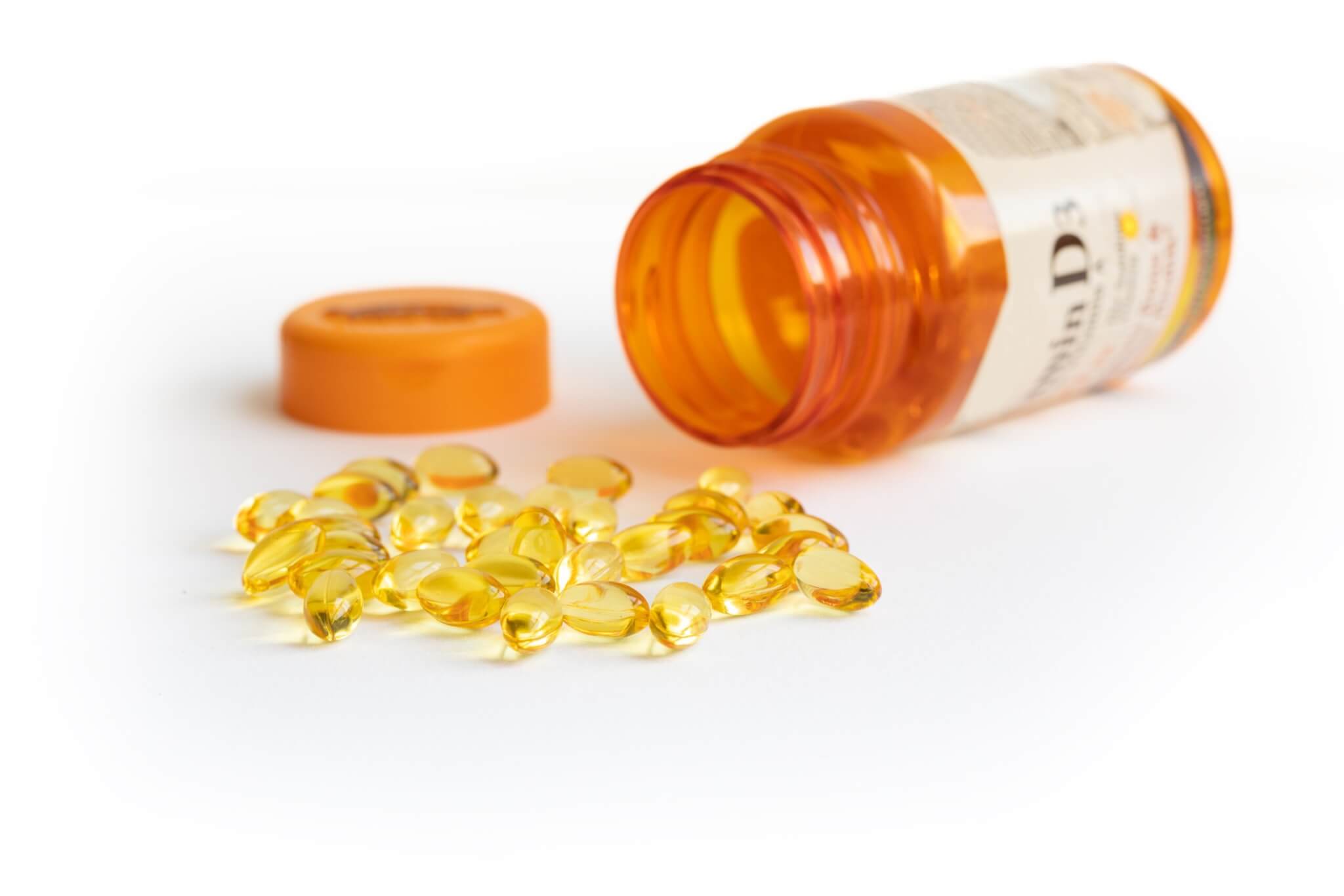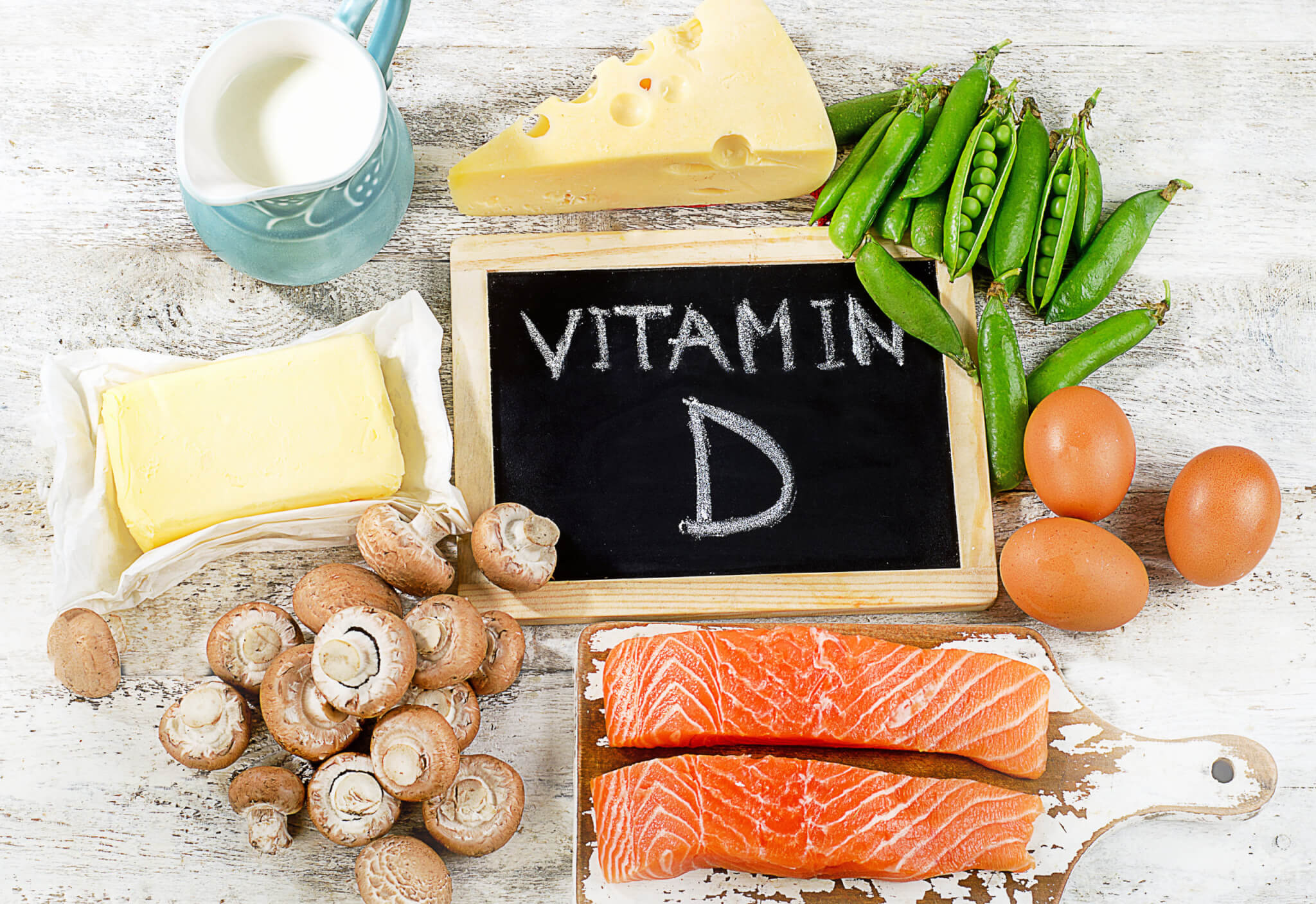LONDON — Vitamin D may one day help humans fend off deadly forms of cancer, new research reveals. Scientists from the Francis Crick Institute, the National Cancer Institute (NCI), and Aalborg University have uncovered that vitamin D encourages the growth of a specific type of gut bacteria among mice — improving cancer immunity.
More specifically, study authors found that when they gave mice a diet rich in vitamin D, the rodents displayed more robust immune resistance to transplanted cancers, as well as improved responses to immunotherapy treatment. This effect remained even after scientists used gene editing to remove a protein that binds to vitamin D in the blood, keeping it away from tissues.
To their surprise, the research team noted that vitamin D acts on epithelial cells in the intestine, which consequently leads to an increase in the amount of a bacteria called Bacteroides fragilis. That microbe provided the mice with improved immunity to cancer. The study found that transplanted tumors didn’t grow as much, but researchers are still uncertain why this happens.
In order to test if the bacteria alone is capable of providing improved cancer immunity, a group of mice following a normal diet were given Bacteroides fragilis. Those rodents were also better able to resist tumor growth. However, this was not true when the mice were placed on a vitamin D-deficient diet.
Earlier research suggests that there’s a link between vitamin D deficiency and cancer risk in humans, but nothing conclusive has been published yet. So, in an effort to investigate this, study authors performed an analysis on a dataset encompassing 1.5 million Danish people, which ended up highlighting a link between lower vitamin D levels and a higher risk of cancer. Then, another analysis of a separate cancer patient population also indicated people with higher vitamin D levels are more likely to respond well to immune-based cancer treatments.
Still, while Bacteroides fragilis is also found in the microbiome in humans, more research is necessary in order to understand if vitamin D helps provide some immune resistance to cancer via the same mechanism.

“What we’ve shown here came as a surprise – vitamin D can regulate the gut microbiome to favor a type of bacteria which gives mice better immunity to cancer,” says Caetano Reis e Sousa, head of the Immunobiology Laboratory at the Crick and senior study author, in a media release.
“This could one day be important for cancer treatment in humans, but we don’t know how and why vitamin D has this effect via the microbiome. More work is needed before we can conclusively say that correcting a vitamin D deficiency has benefits for cancer prevention or treatment.”
“Pinpointing the factors that distinguish a ‘good’ from a ‘bad’ microbiome is a major challenge. We found that vitamin D helps gut bacteria to elicit cancer immunity improving the response to immunotherapy in mice,” explains Evangelos Giampazolias, former postdoctoral researcher at the Crick, and now Group Leader of the Cancer Immunosurveillance Group at the Cancer Research UK Manchester Institute.
“A key question we are currently trying to answer is how exactly vitamin D supports a ‘good’ microbiome. If we can answer this, we might uncover new ways in which the microbiome influences the immune system, potentially offering exciting possibilities in preventing or treating cancer.”
“These findings contribute to the growing body of knowledge on the role of microbiota in cancer immunity and the potential of dietary interventions to fine-tune this relationship for improved patient outcomes. However, further research is warranted to fully understand the underlying mechanisms and how they can be harnessed to develop personalized treatment strategies,” comments Romina Goldszmid, Stadtman Investigator in NCI’s Center For Cancer Research.
“We know that vitamin D deficiency can cause health problems, however, there isn’t enough evidence to link vitamin D levels to cancer risk. This early-stage research in mice, coupled with an analysis of Danish population data, seeks to address the evidence gap. While the findings suggest a possible link between vitamin D and immune responses to cancer, further research is needed to confirm this,” concludes Research Information Manager at Cancer Research UK, Dr. Nisharnthi Duggan.
“A bit of sunlight can help our bodies make vitamin D but you don’t need to sunbathe to boost this process. Most people in the UK can make enough vitamin D by spending short periods of time in the summer sun. We can also get vitamin D from our diet and supplements. We know that staying safe in the sun can reduce the risk of cancer, so make sure to seek shade, cover up and apply sunscreen when the sun is strong.”
The study is published in the journal Science.
